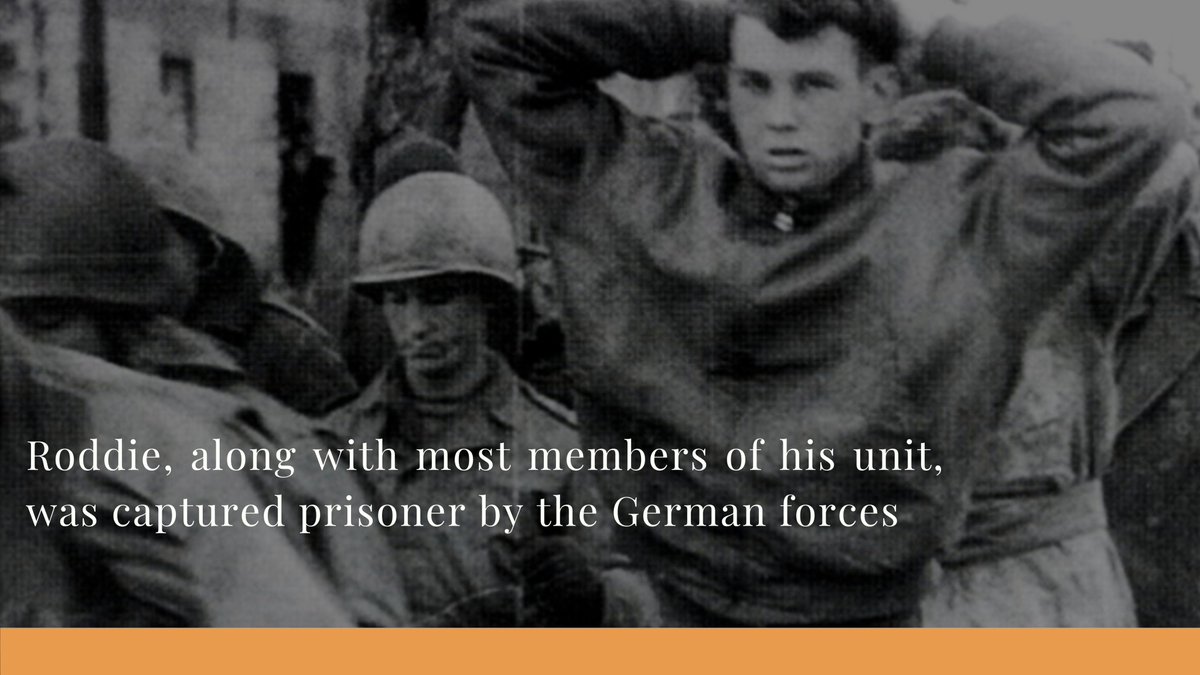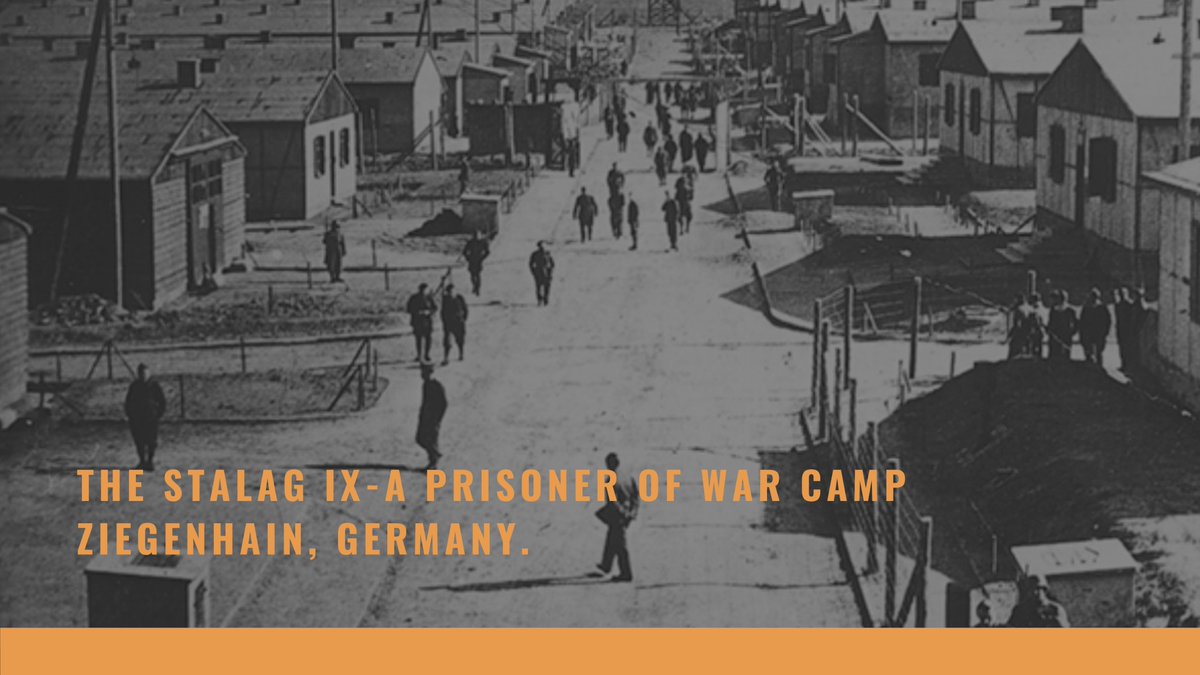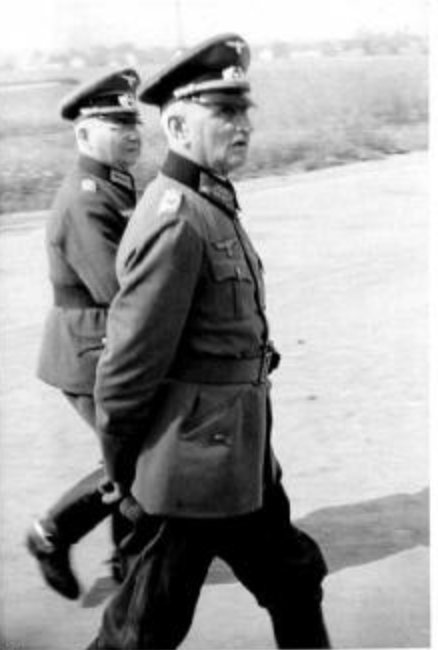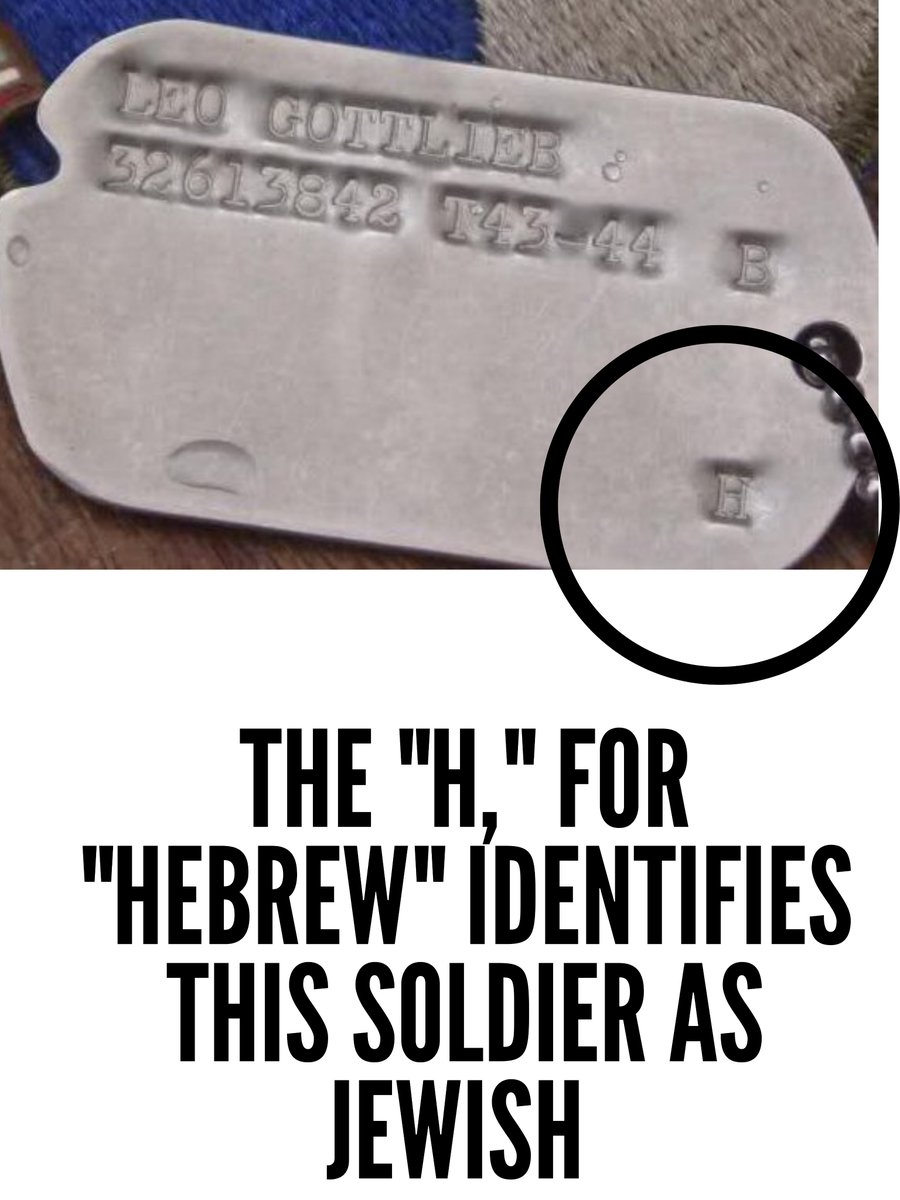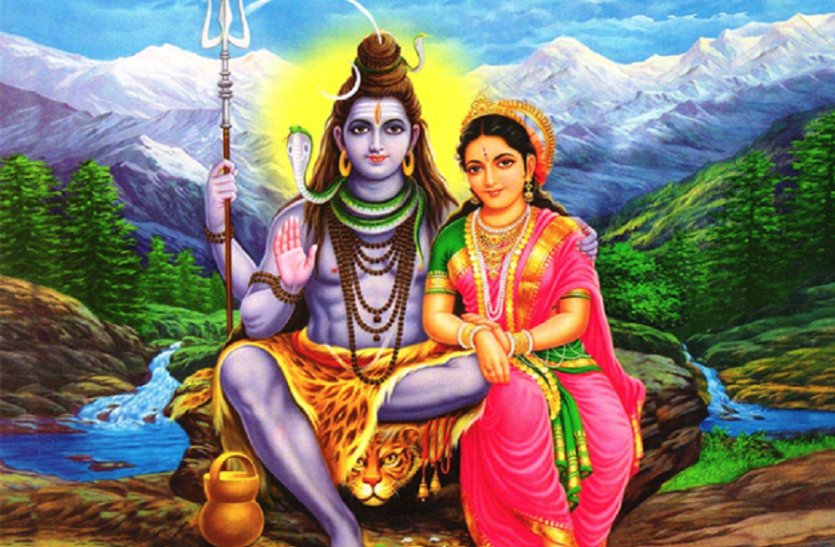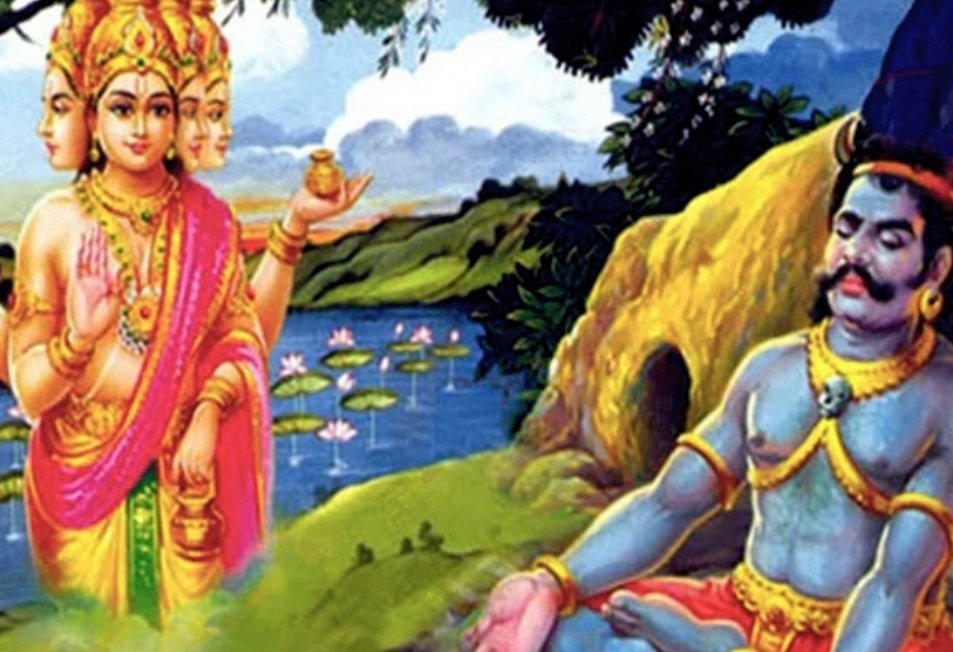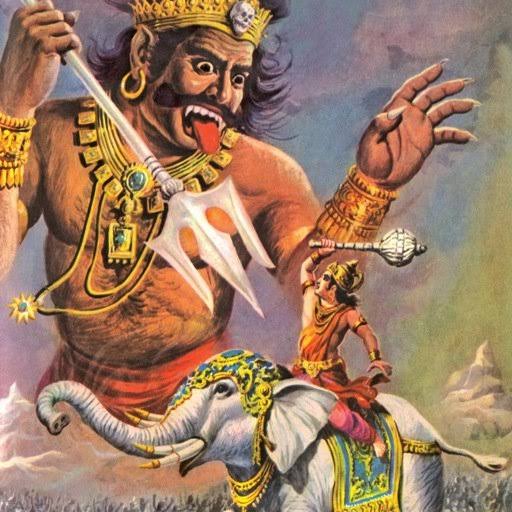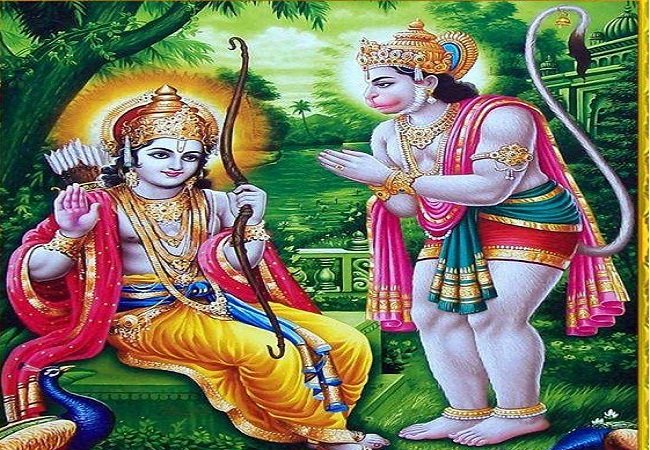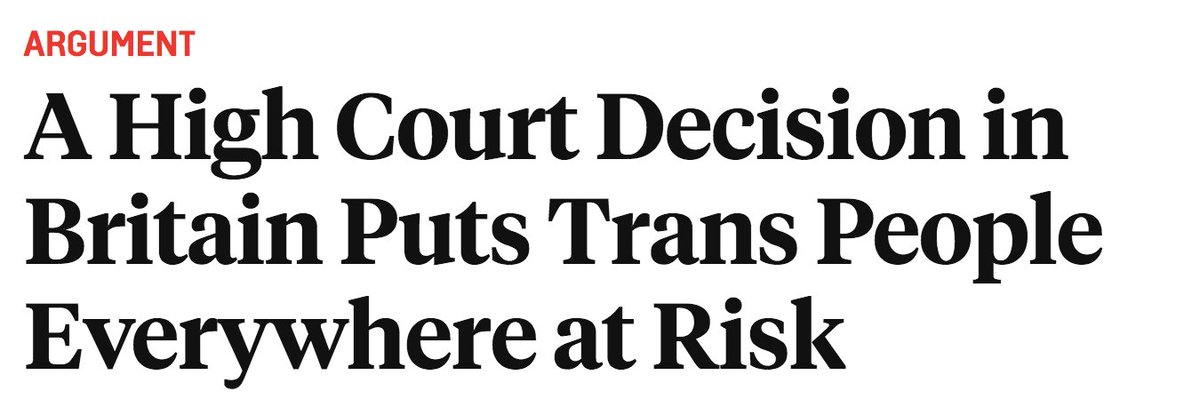His life's work was focused on the accessibility and dissemination of knowledge.
This isn't what I normally post, but it's a summary of some morning reflections since Monday is the anniversary of @aaronsw's death.
He had a big impact on the world (and me). He's someone you should know.
Here's a tribute.
His life's work was focused on the accessibility and dissemination of knowledge.
Here's the preamble to his "Guerilla Open Access Manifesto".
He was the definition of mission, even if it meant flying in the grey areas of hactivism.
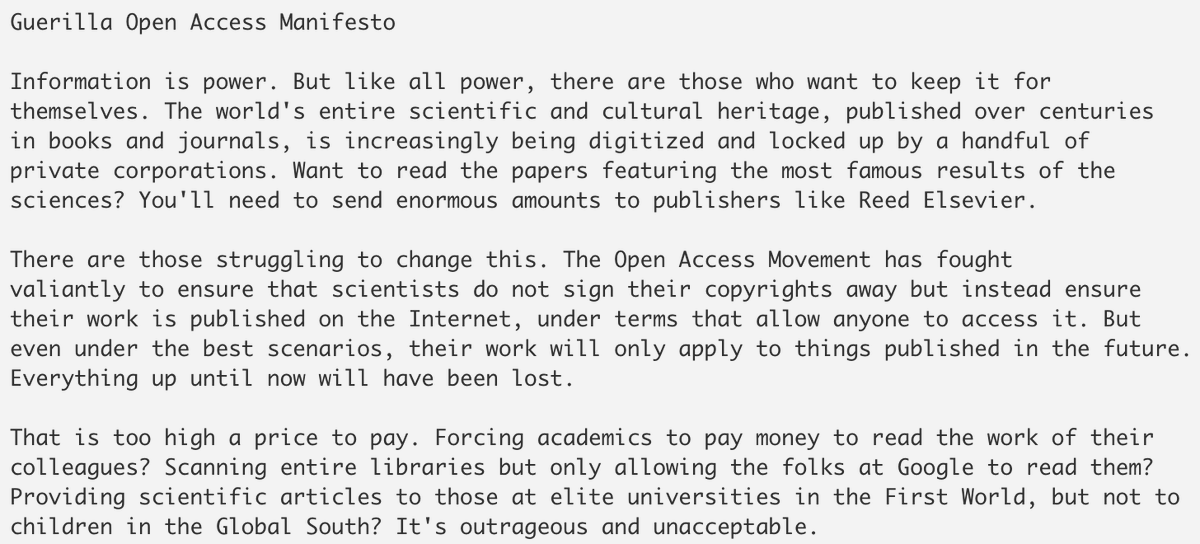
Through a library loophole he downloaded 2.7 million documents and released them to the world.
PACER still charges to my knowledge, but @binarybits continued the mission with a browser extension that gives free access through the @FreeLawProject
He was a central organizer in stopping the SOPA legislation, which....
He sat on @Wikimedia's board of trustees, helped create @SecureDrop for whistle blowers, and VictoryKit for organizing social change campaigns.
He sparked many missions of openness and many other actors were a part of the movement, although as Sci Hub found recently, the movement has many skirmishes.
Snark courtesy of @conaw:
https://t.co/O3WzoZ5tAh
Love to see big tech living their values. https://t.co/NdyKzZMYlh
— Conor White-Sullivan \U000100cf\U0001f1fa\U0001f1f8 (@Conaw) January 8, 2021
That event - he wrote a program that pulled research papers from JSTOR in accordance with their terms of service using his laptop and MIT's open internet and open campus.
JSTOR asked for prosecution to be dropped, but US Attorney Carmen Ortiz kept going, even though...
Lack of evidence sure didn't stop her from threatening the harshest penalties for a plea though.
"Somehow, we need to get beyond the 'I’m right so I’m right to nuke you' ethics that dominates our time.
That begins with one word: Shame.
One word, and endless tears."
The only explanation I have is that this person, while certainly not perfect, was the one person I've met (or at least idealized) who is the...
In an era where truth has jumped from that which frees us then to a four letter word then to an amorphous concept, we need more of the pursuit of truth, not less.
We keep forgetting...
Our world is too big and our problems too large for truth to be binary and our knowledge to be closed.
...anyways....
We should try to be more like the best of him, especially when we appear to be standing on the heads of many pins, a whisper from falling into chaos.
Have a great weekend and here's a poem from @timberners_lee
https://t.co/uO5wvbCIbt
More from Society
Tomorrow, January 6th, MAGA chuds, Proud Boys, and white supremacists are planned to descend on Washington D.C. to contest the election. Among them will be NSC-131, a New England based neo-Nazi organization. Let's welcome them by saying hi to one of their members, Eddie Stuart!

Edward Stuart, from Chester, New Hampshire, has been a member of Nationalist Social Club (NSC) since the very beginning and is a staple participant in their actions. He is known in NSC chats as "Carl Jung" and is well connected in the New England Nazi scene.
2/
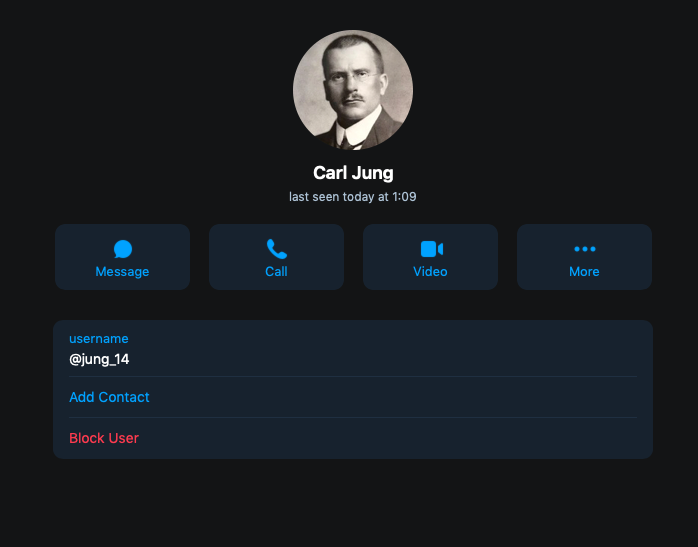
NSC-131 is a neo-Nazi group that was started in Massachusetts in early 2020 by Chris Hood. You can learn more about NSC and it's members in these threads:
Eddie describes his ideology as "Esoteric Hitlerism" which is an occult form of Nazism that literally worships Adolf Hitler as a god, or, specifically, as an incarnation of the Hindu God Vishnu. Here is Ed holding the RigVeda with some of his occult Nazi pals. Interesting Ed!
4/
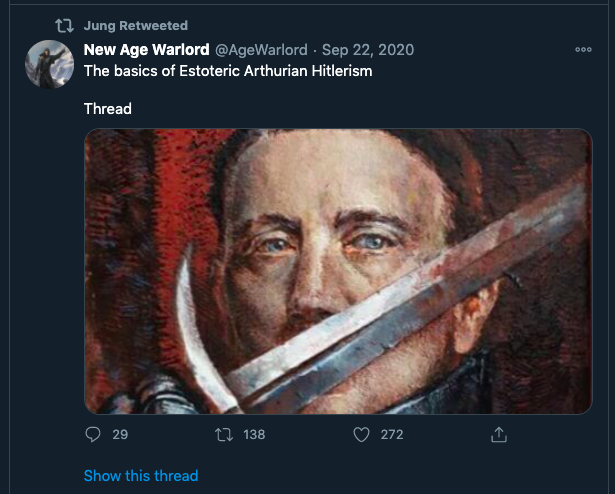
Much of this ideological insight was gained from Eddie's Twitter, where he originally used his "Carl Jung" persona and reposts explicit neo-fascist content and racist memes. In one edited picture, Eddie can be seen at an NSC event in late June 2020 holding a Nazi Sonnenrad flag
5
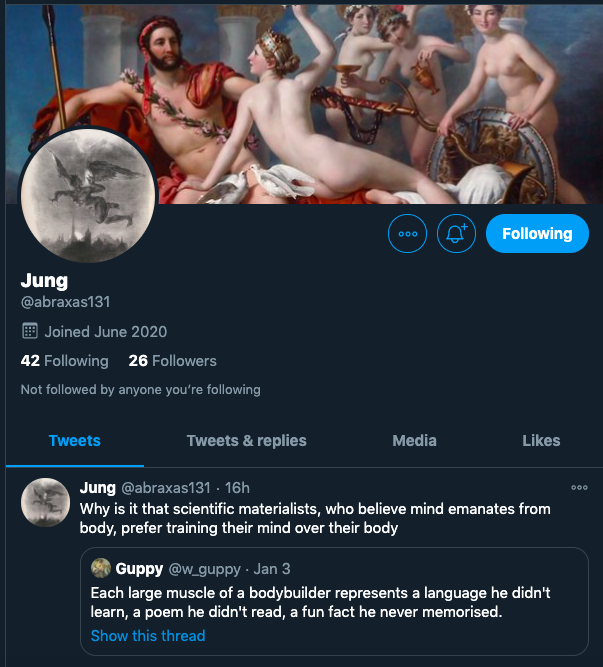

Edward Stuart, from Chester, New Hampshire, has been a member of Nationalist Social Club (NSC) since the very beginning and is a staple participant in their actions. He is known in NSC chats as "Carl Jung" and is well connected in the New England Nazi scene.
2/

NSC-131 is a neo-Nazi group that was started in Massachusetts in early 2020 by Chris Hood. You can learn more about NSC and it's members in these threads:
1/ Let\u2019s talk about a III%er turned Proud Boy turned Resist Marxism turned Patriot Front turned The Base affiliate.
— AntiFash Gordon (@AntiFashGordon) April 10, 2020
He now runs a new crew, the National Socialist Club, based on football hooliganism.\u2070\u2070
Some of you already know him.\u2070\u2070
His name is Chris Hood, of Boston, MA. pic.twitter.com/nXAxWugHcu
Eddie describes his ideology as "Esoteric Hitlerism" which is an occult form of Nazism that literally worships Adolf Hitler as a god, or, specifically, as an incarnation of the Hindu God Vishnu. Here is Ed holding the RigVeda with some of his occult Nazi pals. Interesting Ed!
4/

Much of this ideological insight was gained from Eddie's Twitter, where he originally used his "Carl Jung" persona and reposts explicit neo-fascist content and racist memes. In one edited picture, Eddie can be seen at an NSC event in late June 2020 holding a Nazi Sonnenrad flag
5

Krugman is, of course, right about this. BUT, note that universities can do a lot to revitalize declining and rural regions.
See this thing that @lymanstoneky wrote:
And see this thing that I wrote:
And see this book that @JamesFallows wrote:
And see this other thing that I wrote:
One thing I've been noticing about responses to today's column is that many people still don't get how strong the forces behind regional divergence are, and how hard to reverse 1/ https://t.co/Ft2aH1NcQt
— Paul Krugman (@paulkrugman) November 20, 2018
See this thing that @lymanstoneky wrote:
And see this thing that I wrote:
And see this book that @JamesFallows wrote:
And see this other thing that I wrote:




